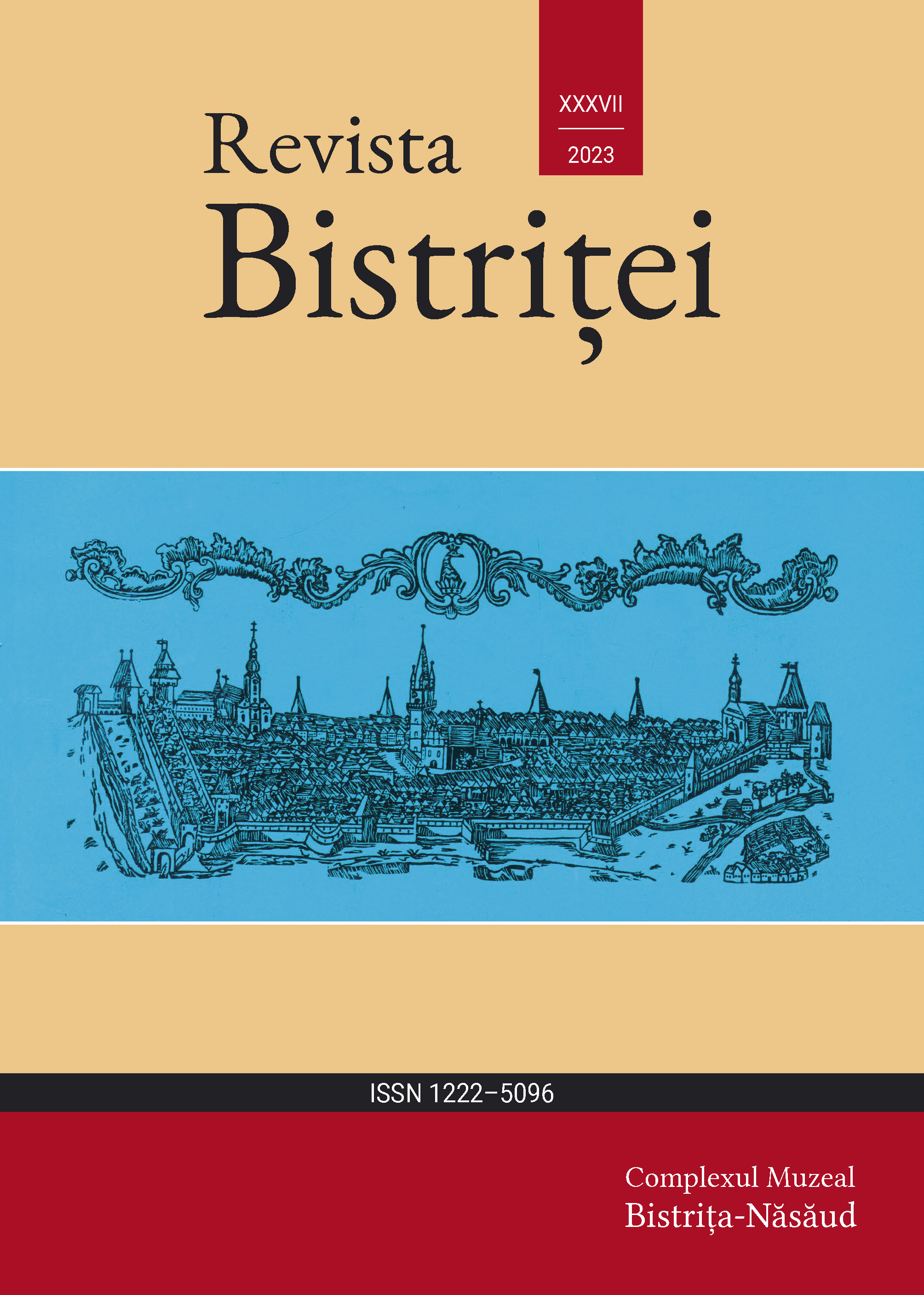Considerații cu privire la rolul eunucilor în societatea bizantină, în secolele IV–XII, reflectate în izvoarele istorice
Considerations Regarding the Role of Eunuches in Byzantine Society, in the 4th–12th Centuries, Reflected in Historical Sources
Author(s): Vasile MărculețSubject(s): History, Education, Cultural history, Civil Society, Governance, Special Historiographies:, 6th to 12th Centuries
Published by: COMPLEXUL MUZEAL BISTRIȚA-NĂSĂUD
Keywords: Eunuchs; Eutropios; Chrysaphios; Joseph Bringas; Basileios Lekapenos; Narses;Petros; Leon Nikerites; Germanos I; Niketas I; Methodios; Ignatios; Polyeuktos
Summary/Abstract: Eunuchs were a constant presence in Byzantine society, holding important positions in administration, Army, Church, culture. The status of eunuchs and the dignities they could hold were very clearly legislated in Byzantium. A number of eunuchs held important positions in the governance and administration of the Byzantine Empire (Eutropios, Chrysaphios, Antiochos, Kalopodios, Andreas, Stephanos Perses, Leon de Sinope, Aetios, Staurakios, Theoktistos, Damianos, Joseph Bringas, Basileios Lekapenos, Ioannes Orphanotrophos, Nikolaos, Thomas andothers), some asserted themselves as military talents (Narses, Solomon, Petros, Constantinos, Leon Nikerites and others), and others became high clerics, including patriarchs (Germanos I, Niketas I, Methodios, Ignatios, Polyeuktos, Stephanos II, Eustrathios Garidas and others).
Journal: REVISTA BISTRIȚEI
- Issue Year: XXXVII/2023
- Issue No: 37
- Page Range: 138-175
- Page Count: 38
- Language: Romanian

